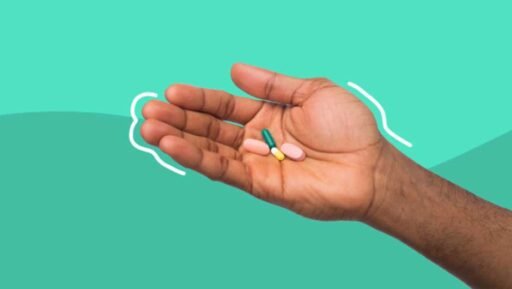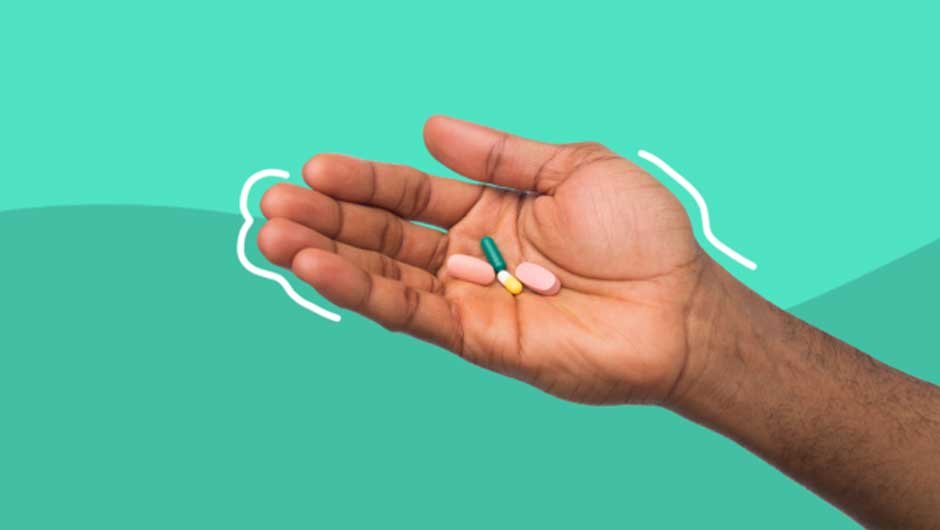We’ve all heard that antidepressants work to balance brain chemistry, but exactly how do those little pills combat crushing depression? Although the intricacies are still untangling, researchers believe key players like serotonin and noradrenaline spark joy and happiness in our mood circuits. When their levels run low, depression can set in. Antidepressants appear to boost the amounts of these vital neurotransmitters floating around our brains. That feel-good effect ripples outward, even diminishing persistent physical pain. Of course, pills alone can’t remedy every cause, so talk therapy helps address root issues too. let’s dig deeper into this biochemical puzzle.
-
Understanding Their Effects
There are four major classes of antidepressant medications that work through distinct pharmacological pathways:
Selective serotonin reuptake inhibitors (SSRIs)
SSRIs zero in on serotonin ensuring its mood-boosting messages linger longer between brain cells. Frontline SSRIs like Prozac, Lexapro and Zoloft work to spread serotonin’s sunny vibe more widely throughout your mental seas. As the most prescribed class, SSRIs represent a solid first choice against the storms of depression.
Serotonin-norepinephrine reuptake inhibitors (SNRIs)
Opting to intercept both serotonin and norepinephrine, SNRIs mount a dual attack on gloomy feelings. Effexor, Cymbalta, and Pristiq lead the SNRIs striving to turbocharge your brain’s happiness hormones into high gear. Some find doubling down on neurotransmitters more effective at lifting dark clouds than SSRIs alone.
Tricyclic antidepressants (TCAs)
Tricyclics were the original ‘50s medication to banish blues, and they still shoulder that storm today with power. Though side effect thunder might kick harder than newer drugs, Elavil, Tofranil, and kin thunderously boost serotonin-norepi-dopamine to drive off doleful downpours.
Monoamine oxidase inhibitors (MAOIs)
While MAO inhibitors Nardil and Parnate must avoid cheese and other aged goodies, their technique of stopping psychoactive chemicals’ breakdown breeds big brain bounces. When safely supervised, MAOIs’ unusual method earns them top marks against treatment-resistant sorrow.
While all four classes aim to correct neurotransmitter imbalances linked to depression, each approaches the problem in a customized way. With guidance from your doctor, https://www.mayoclinic.org/diseases-conditions/depression/in-depth/antidepressants/art-20046273 gives you the best chance of feeling like yourself again.
-
Impact of Antidepressant
Emotional Balance
These meds provide a stabilizing force when intense sadness or anxiety steer your ship off course. Regaining composure over volatile moods gives space to appreciate life’s beauty again. The soothing changes allow worry and distress to subside, creating space for calm reflection and joy.
Control
Taking antidepressants returns a sense of command over your own destiny. When shadows no longer rule your day from dawn till dusk, buried ambitions spark anew freed from depression’s suffocating grasp. You feel empowered to chart your own course rather than drift aimlessly in gloom’s turbulent sea.
Meaningful Goals
With mental shackles unlocked and motivation unchained, purpose propels you towards dreams delayed too long under depression’s stormy skies. Energy formerly sapped by the gloom surges forward as antidepressants unleash repressed drive towards valued targets. Options for self-improvement and fulfillment come into clear view.
Improved Mood
These pills optimize neuronal messengers to illuminate grey skies with rays of positivity. What once appeared hopeless or gray becomes hopeful and stimulating as antidepressants revamp your emotional frequency. Daily tasks feel worthwhile again rather than tedious slogs.
Energy
Liberated from leaden limbs and constant fatigue, motivation motors you to achieve meaningful targets formerly doomed by deficit of drive and vitality. Physical lassitude fades, letting enthusiasm reignite dormant hobbies.
Concentration
With neurotransmitters restored to energetic levels, thoughts stay anchored in productive activities rather than dragged down by past pains on a maddening mental loop. Work, study and relationships flourish with mental focus dominating distraction.
Antidepressants deliver the key to unlocking your true potential drowned by despair’s dark depths. Regaining command of mind and body brings renewed freedom to navigate life’s voyage according to your hopes rather than depression’s deceptive demands.
-
Weighing the Risks and Rewards of Riding Out Depression
While antidepressants can offer lifelines to those sunk by mental despair, it’s also prudent to ponder possible side effects of antidepressants before boarding any pharmacological voyage. As with any medication, antidepressants carry certain cautions best navigated by a healthcare captain with an astute knowledge of potential tides.
Long-term use may have unknown impacts, so keeping close communication with your doctor ensures timely changes in course if side currents appear. Some complain of dulled emotions or sexual side swells that endure after the waters become calm. For others, muscle twitches or nervous stomachs may temporarily steer mood off true north.
Most concerning are rare incidents linking some meds to suicidal motions in new sailors, especially young ones. Doctors work hard to spot who faces the highest risk and alter sails before these dire straits. Open talking keeps physicians apprised to avert tragedy.
Overall though, for many the rewards of restored happiness and hope far outweigh the risks when antidepressants are properly titrated under watchful eyes. As with any voyage, challenges lurk but careful study of winds and willing endurance of choppy patches steers one safely to shores anew. For depression, medication merits mindful consideration as just one tool for a supportive community and inner strength cultivating.
Conclusion
While antidepressants undoubtedly provide relief for scores suffering depression storms, they require prudent oversight and management. With diligent communication between the patient and the prescribing captain, potential side currents and down swells can mostly steer clear. For those who’ve exhausted other avenues, sometimes weathering a few secondary swells proves worthwhile to regain sunnier skies. Medical monitoring maintains safe passage through even antidepressants’ longest journeys toward haven.





